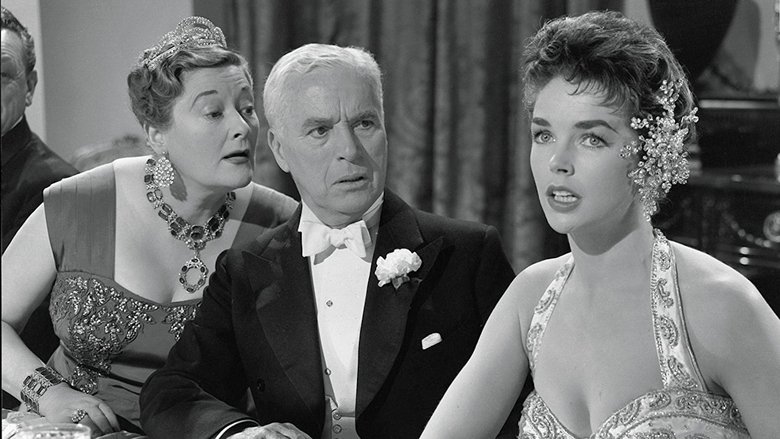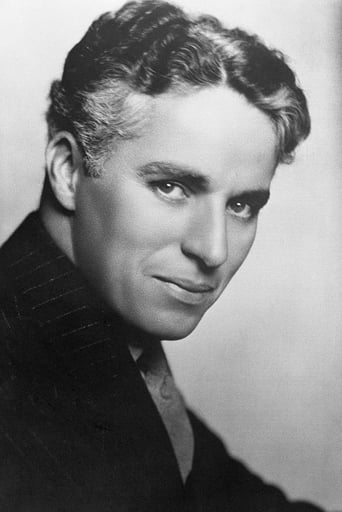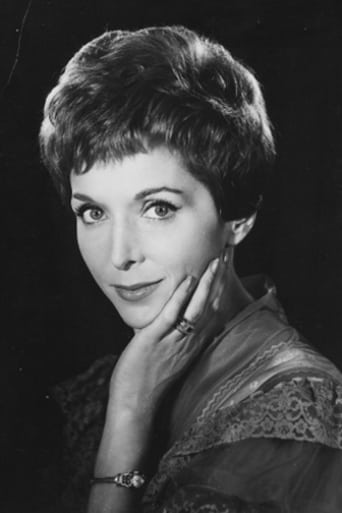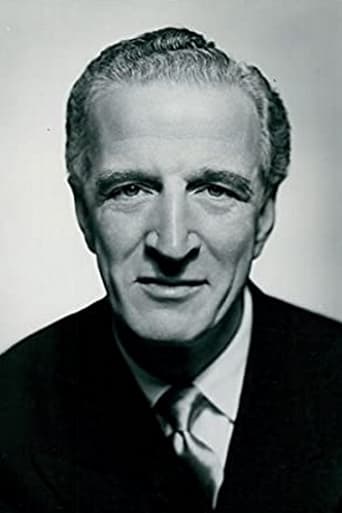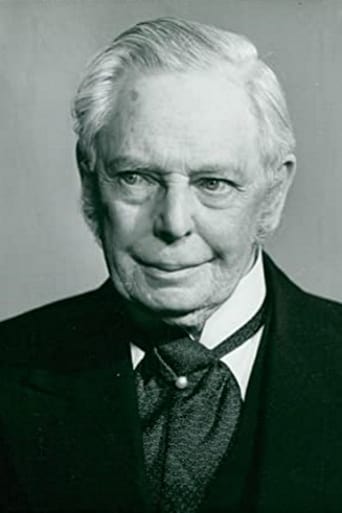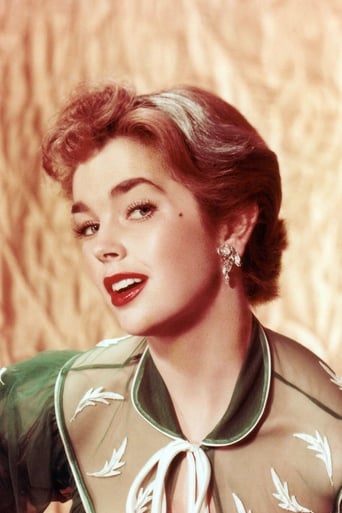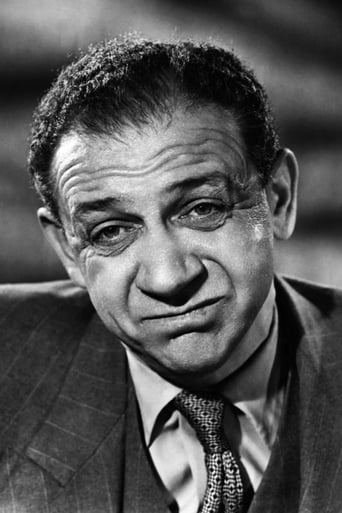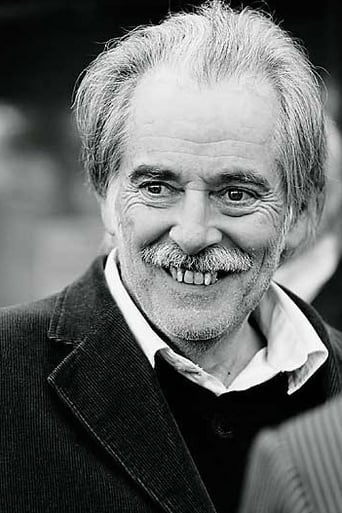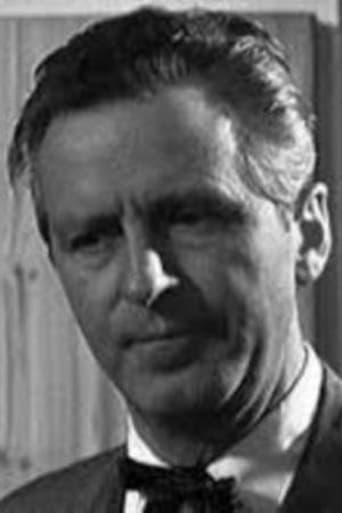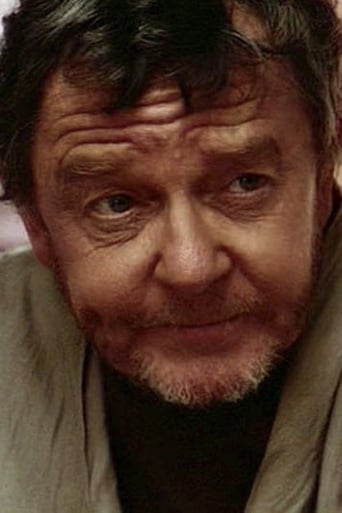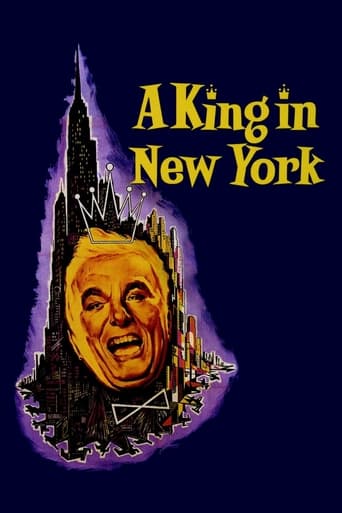
A King in New York
October. 25,1957 GA recently-deposed "Estrovian" monarch seeks shelter in New York City, where he becomes an accidental television celebrity. Later, he's wrongly accused of being a Communist and gets caught up in subsequent HUAC hearings.
Similar titles
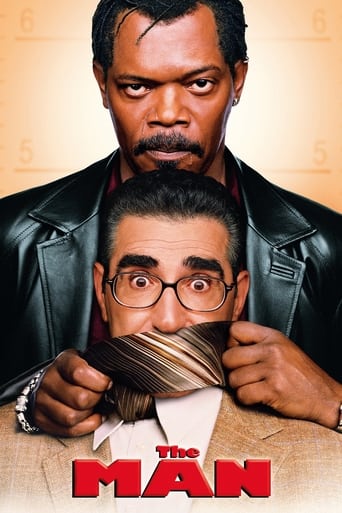
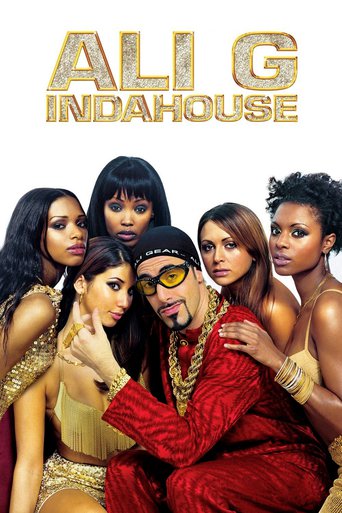
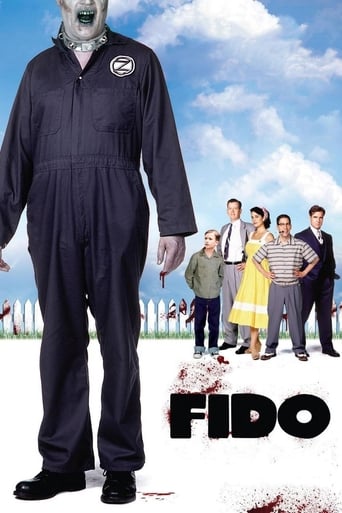
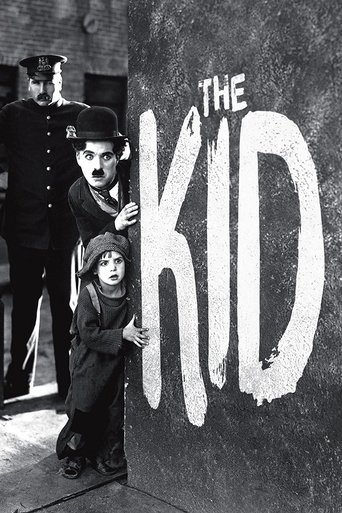
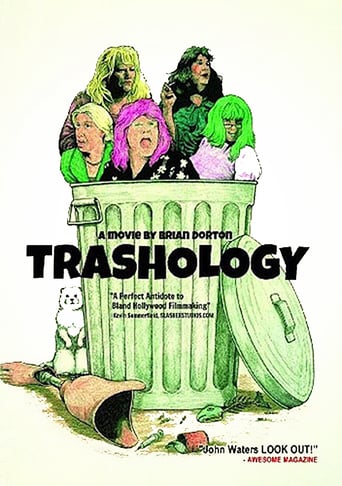
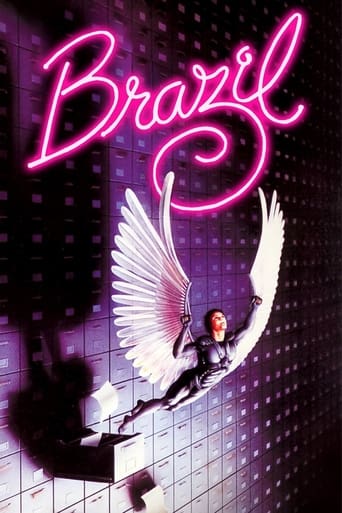
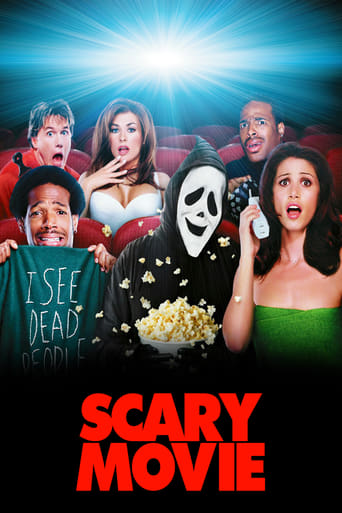
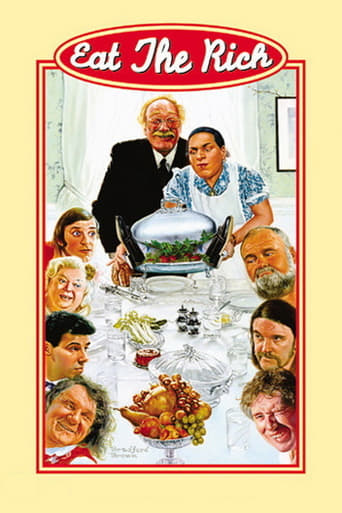
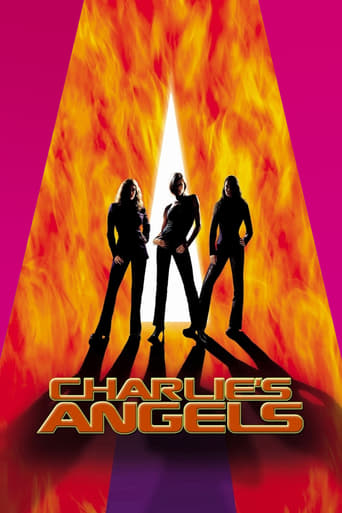
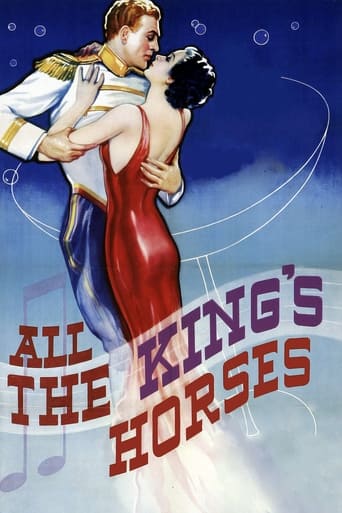
You May Also Like

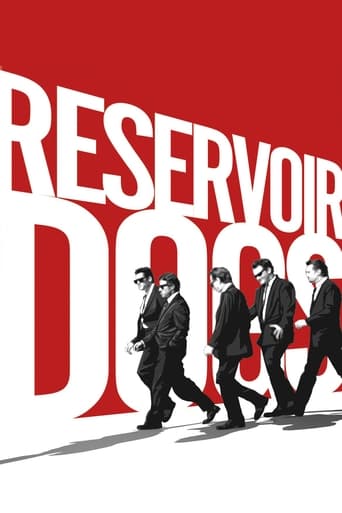
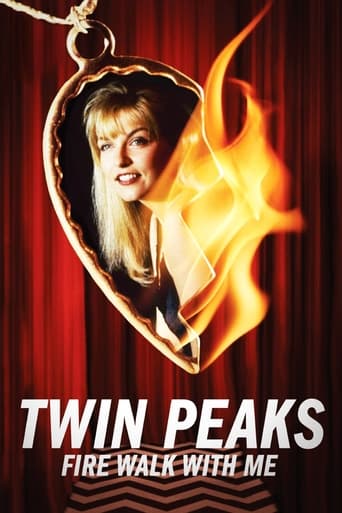
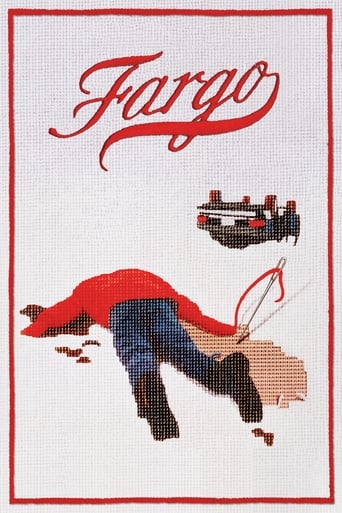
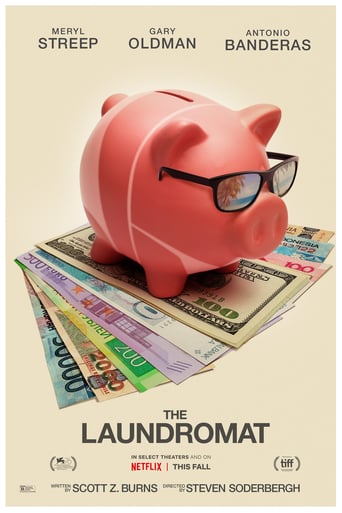
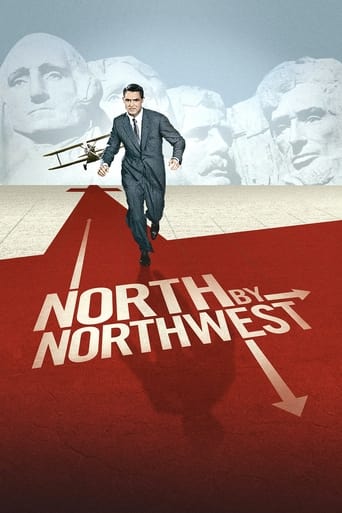
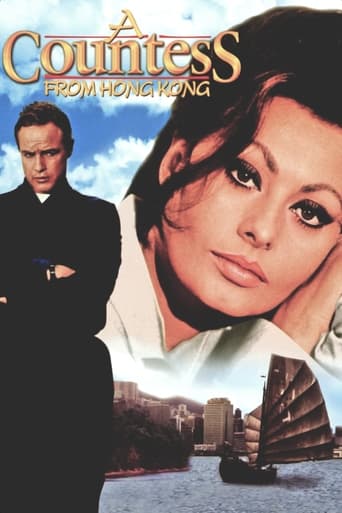
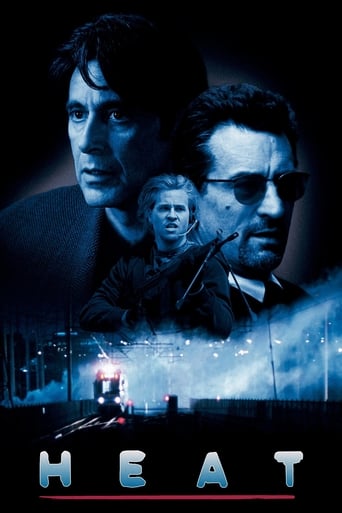

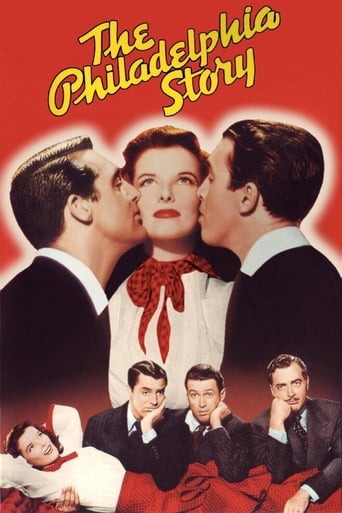
Reviews
The greatest movie ever made..!
Excellent, Without a doubt!!
It's easily one of the freshest, sharpest and most enjoyable films of this year.
This is a gorgeous movie made by a gorgeous spirit.
Am a big fan of Charlie Chaplin, have been for over a decade now. Many films and shorts of his are very good to masterpiece, and like many others consider him a comedy genius and one of film's most important and influential directors. It is hard to not expect a lot with all his feature films between 'The Kid' and 'Limelight' being very good to masterpieces. On that front Chaplin's penultimate film 'A King in New York' disappoints a little. As far as his feature films go it is one of his weaker ones, being nowhere near the standard of 'The Gold Rush', 'The Kid', 'Modern Times', 'The Great Dictator' and especially 'City Lights'. As far as his overall career goes it is nowhere near among his worst, including his early career short films it is much better than the worst of his Keystone period and even his much improved Essanay period had a couple of lacklustre ones. He also did a couple of historical curios and patchworks that this is also superior to. 'A King in New York' has its problems. It is one of his least visually refined feature films. Some of the camera work and editing are rough and the evoking of New York is not very convincing at all, it was made in England rather than being authentic and it is very obvious it was not shot in New York. Chaplin also lays it on far too thick with the political elements which, while admirably cutting and personal, felt very heavy-handed and not always needed. Especially what is said from the young boy. Chaplin is no stranger to including politics in his films and short films and they are not subtle, but it comes over as very bitter and aggressive here in a way that wasn't there previously. A few parts go on too long too and could have been trimmedHowever, the music is good, neither intrusive or out of place. Chaplin does give a typically great performance and the supporting cast acquit themselves well too. Chaplin is not at his most inspired in the directing but the expertise is still there and handled well.The film is never dull either, while the satirical element is sharp, the comedy is genuinely funny, there is some very thought-provoking insight and there is some sentiment/pathos that is very touching while not being over-the-top or overused.Summing up, good but didn't blow me away. 7/10 Bethany Cox
This is a brief review of Charlie Chaplin's last six feature films.A comical take on Lang's "Metropolis" (1927), Chaplin's "Modern Times" opens with the words "a story of industry and individual enterprise, humanity crusading in the pursuit of happiness!", an ironic jab at the mantras of industrial capitalism. The film then finds Chaplin reprising his iconic role as "the tamp", a poverty-stricken but lovable outcast whose ill-fitting clothes epitomise, amongst other things, his inability to fit in.The film watches as the tramp struggles to survive in a depressed economy. Like "Metropolis", it satirises labour, management and dehumanising working conditions. Elsewhere life for the worker is seen to be precarious, alternatives to playing the game are but death or prison, giant clocks speak to the daily grid of blue-collar workers, bosses are shown to be obsessed with speed and production, the property class relies on police brutality and all-encompassing surveillance, and the workplace itself is painted as an absurdest torture chamber. The film ends with the tramp on a road, America's future uncertain."Modern Times" made waves when it was released. It was banned in fascist Germany and Italy, then allies of the West, and scorned by those in power in the United States. It was also heavily praised in the Soviet Union and France, particularly by philosophers Jean-Paul Sartre, Simone de Beauvoir and Maurice Merlau-Pony. The film's middle section, which featured Chaplin waving a red flag and unwittingly leading communists and worker unions, would get Chaplin on several government watch-lists.Chaplin followed "Times" with "The Great Dictator". Hollywood studios wanted the film scuttled, so Chaplin financed it himself. It contains two criss-crossing plots, one about a Jewish barber who is essentially persecuted by Nazis, the other about a brutal dictator, a stand in for Adolf Hitler. Funny, scary and sad, the film would rock the US establishment. Hitler was, at the time, a US ally and good for business. What's more, he was viewed by those in power as a tool to destroy communist Russia. For many, Chaplin was a "subverisive" who was "inciting war with an ally". Deemed particularly offencive was a last act speech in which Chaplin urges the people of the world to "love one another", "throw away international barriers" and foster an "international brotherhood". Though deliberately vague, this speech was viewed as inflammatory. Was Chaplin extolling the virtues of the United States or the Soviet Union? Regardless, the US' approach to the conflicts in Europe promptly shifted. It became an ally with Russia, Hitler became the enemy and Germany attacked Russia. In the blink of an eye, "Dictator" went from being sacrilege to prophetic.Chaplin, British, was born into extreme poverty and often found himself sleeping on the streets of London. As such, he identified with his "tramp" character completely, as did millions word-wide, who saw themselves in the tramp: desolate, poor and forever bumbling down life's highways. Prior to shooting "Times", Chaplin would embark on a tour of the world, intent on seeing the effects of poverty. He'd talk to many prominent figures, most notably Churchill, George Bernard Shaw, Einstein and Gandhi.As Chaplin grew in consciousness, so would FBI files on Chaplin. He was put under government surveillance and forced to appear before a Senate subcommittee in 1941 where he was accused of being "anti American" and an "unofficial communist". Many newspapers, including the Times, began a campaign attacking Chaplin, and called for his deportation. In the mid 1940s he was charged with the Mann Act and the FBI would collude with newspapers to smear Chaplin as a sex maniac who "perverted American culture". From here on, conservative political pressure groups would attack each new Chaplin release. Some of his films would be boycotted or outright banned. In 1947 he'd be brought before the HUAC committee.Chaplin followed "Dictator" up with "Monsieur Verdoux". A black comedy, the idea for which came from Orson Welles, the films stars Chaplin as a bank clerk who loses his job and so murders women for cash and land. The film's point is explicit: if war is an extension of diplomacy, then murder is the logical extension of business. And so banking terminology is used to rationalise murder, weapons manufactures are idolised and the poor are condemned for trying to play by the rules of the wealthy. "Numbers sanctify!" Chaplain says, pointing to Hiroshima, Nagasaki and the ruthlessness of post-war capitalism; kill millions and you're a hero.Next came "Limelight", Chaplin's ode to silent film. Elegiac and autobiographical, the film stars Chaplin and the legendary Buster Keaton as two fading comedians. A meditation on time's passing, the film's also relentlessly optimistic; man must assert his will, his desires, no matter how glum the times! The film would be banned from several US theatres. Chaplin himself was swiftly banned from entering the US and several of his assets were seized. He'd live in Switzerland henceforth."A King In New York" followed. It finds Chaplin playing an usurped "dictator" who seeks refuge in America. Also autobiographical, the film pokes fun at various aspects of US culture, its irrational hatred of all things left-wing and the way in which humans are both always branding and refuse to look beyond the political, beyond superficial branding, to tolerate even the slightest bit of difference or dissent. Chaplin's son would play a hilarious anarcho-communist, but the film as whole messily mixed silent gags with sound comedy.Chaplin's "A Countess from Hong Kong" confirms that Chaplin's films were moving from the lower to the upper echelons of society. Here Sophia Loren plays a Russian "tramp" who is taken in by a wealthy politician (Marlon Brando). His worst feature, the film watches as "humane" capitalism benevolently absorbs the "detritus" of Russia and Asia. Chaplin accepted an honorary Oscar in 1972. He received the longest standing ovation in Oscar history.8/10
Although not a shred of footage was shot in New York and the cast was 98% British players, A King In New York which did not get released in the USA until the House Un-American Activities Committee had ceased to exist remains a stinging indictment of American culture of the McCarthy era. Charlie Chaplin being a premier victim of the era knew from whence he spoke and wrote.The idea of an exiled monarch from Ruritanian type royal house presumably under your typical royal family being a Communist is an oxymoron on the face of it. Yet that is exactly what Charlie Chaplin is accused of in A King In New York. Under what power an American Congressional Committee could compel testimony is still not clear, but HUAC did that too when it thought necessary.Chaplin decides to settle here, try out America before sending for his exiled Queen Irene Audley. But as funds run low, he's forced to sell his most prize possession, the good name of the monarchy in a slew of advertising schemes as launched by Dawn Addams and Sid James. Seeing the king sell all kinds of 'royal' products was pretty amusing itself.But when he visits a 'progressive' school and hears young Michael Chaplin spouting off the virtues of Karl Marx at the drop of a hat, he's taken with the kid although exasperated at being the butt of the jokes of these unruly kids. Later on when he takes the kid in after finding him on his hotel steps and the press hears him going on his Marxist jag, the exiled king is accused of being a Communist and has to go before HUAC. Chaplin waters down his testimony to the chagrin of the committee.Although Chaplin had abandoned his little tramp character at this point and the famous Hitler like mustache was gone, he still had some marvelous sight gags worthy of his silent classics. A King In New York, born out of Chaplin's exiled bitterness remains a really unjustly neglected piece of comedic satire and relevant truths of the time.
... while he himself was basically exiled in a strange land. 1957's "A King in New York" shows Chaplin at the end of his film career. In fact, it is the last film in which Chaplin himself stars. Refused permission to reenter the U.S. in 1952 due to the idea that he held anti-American beliefs, he actually made this film about a deposed European king in New York in England. The film suffers from production values that are not as high as they were in Chaplin's earlier films, and if you have the version Warner Brothers put out in 2004, the commentary points out that Chaplin had much trouble making this film mainly because he was not dealing with familiar personnel in his own studio as he had in his earlier efforts. The film's political statements are heavy-handed, but there are still some good comic turns by Chaplin and his viewpoints and comic bits on America and rampant commercialism and consumerism still hold up today. In fact, they are probably much more relevant today than they were when this movie was first made. If you are curious about Chaplin's work you need to eventually view this film, just don't start your journey here. If you are just starting out, I recommend you view Chaplin's Mutual Comedies. These are 12 two-reel comedies Chaplin made in 1916 and 1917 and show his comic technique evolve from the pants-kicking fests of his Essanay and Keystone films into the sophisticated technique he had from the end of the series onward. Also, the Mutual period was named by Chaplin himself as the era in both his personal and professional life in which he was the happiest.
Top Streaming Movies











